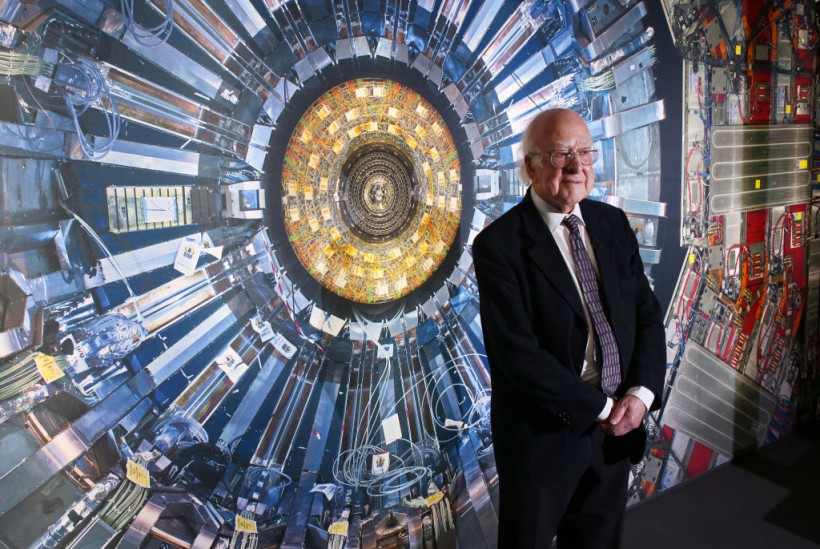Peter Higgs, the man behind the Higgs boson theory, also known as the 'God particle,' died last Monday, April 8, 2024, at the age of 94 in his home in Edinburgh.
Throughout his life and career, Higgs was particularly down-to-earth. He dedicated himself to the field and gave the world the chance to identify what makes up the universe, which was confirmed half a century later.
The Life and Career of Peter Higgs

(Photo: Peter Macdiarmid/Getty Images)
He later received his Master of Sciences degree in 1951 and his doctorate in 1954 for his thesis, "Some Problems in the Theory of Molecular Vibrations," both from King's College.
In 1954, Dr. Higgs moved to the University of Edinburgh and spent two years as a research fellow before moving to London in 1956, where he took up an ICI Research Fellowship at the University of London and later at Imperial College. He also took his knowledge as a Temporary Lecturer in Mathematics at the University College.
He returned to Edinburgh in 1960 and became a lecturer in Mathematical Physics at Tait Institute. In 1964, he submitted his papers about the Higgs field, with one getting rejected. However, upon revision, he introduced the existence of a heavy boson, later known as the Higgs boson, in his theory.
Dr. Higgs spent the remainder of his time after his monumental discovery of the 'God particle' as a reader in mathematical physics and professor of theoretical physics at Edinburgh until he retired in 1996.
Peter Higgs and the Higgs boson Particle
In 2013, almost half a century later, Higgs, along with Francois Englert, shared the Nobel Prize in Physics "for the theoretical discovery of a mechanism that contributes to our understanding of the origin of mass of subatomic particles, and which recently was confirmed through the discovery of the predicted fundamental particle, by the ATLAS and CMS experiments at CERN's Large Hadron Collider."
CERN, a.k.a. the European Council for Nuclear Research, spent almost fifty years searching for what Dr. Higgs and the other studies that share his beliefs presented decades ago. It suggests that there was a field at first, and the boson is a wave that interacts with the field to get its mass.
The more the particle interacts with the field, the heavier it is. All things we know of in the universe, including humans, are made up of particles that Dr. Higgs presented in the mid-1960s.
Peter Higgs was at age 84 when he received his Nobel Prize.
Peter Higgs Dies at 94
With this confirmation, Higgs received recognition for his work but is best known for ducking away from the fame and glamor of it all. In 2014, CERN used the Large Hadron Collider's atom-smashing data to create music, giving sound to the famed Higgs boson particle, which was proven two years earlier.
Dr. Higgs spent his retired years at his home in Edinburgh and passed away here last April 8. According to Alan Walker, a fellow physicist at the University of Edinburgh and close friend, Dr. Higgs died because of a blood disorder.
Related Article: Higgs Boson Theorist Peter Higgs Given World's Longest-Running Scientific Prize






